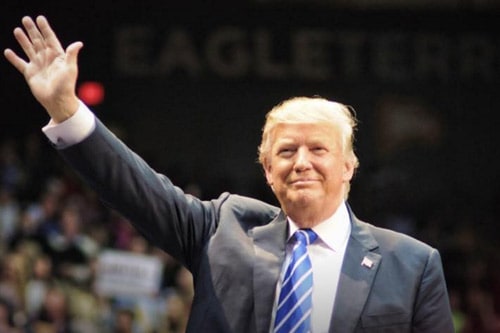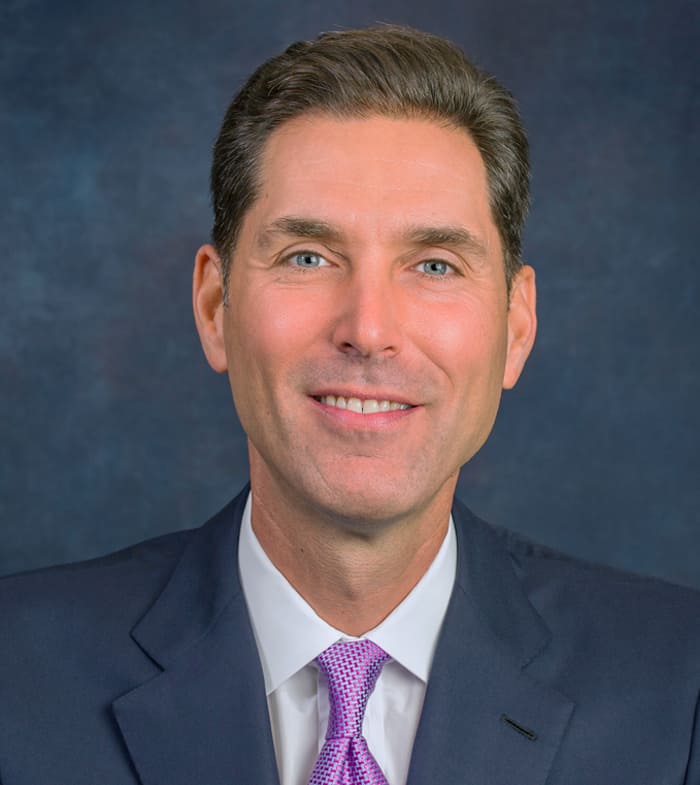
President Trump’s latest plan to bring down the cost of medicines in the US has drawn fire from the drug industry, which claims it will undermine access to medicines for some of the country’s neediest people.
Last week, Trump unveiled proposals to bring US prices for drugs covered by Medicare Part B – which covers medicines given in doctor’s offices or outpatient clinics – into line with other industrialised countries. Analysts suggest the companies most affected by this would be Regeneron, Amgen, Roche, Johnson & Johnson and Bristol-Myers Squibb, as they have the largest exposure to Medicare Part B.
The aim is to stop high prices in the US subsidising the pharma industry as it negotiates lower prices with other governments, a situation which the President describes as “global freeloading.” A Health and Human Services (HHS) department analysis suggests the US currently pays around 80% more for medicines than a reference set of 16 other affluent countries.
Under the proposals, reimbursement for drugs covered by Medicare Part B would gradually be cut back until the US price was 26% more than a reference price drawn from other nations, saving an estimated $17bn, with out-of-pocket savings potentially totaling $3.4bn.
Meanwhile, prescribers will be paid a flat reimbursement rate for medicines, regardless of the cost, removing what the HHS says is a “perverse incentive” to prescribe costlier drugs.

PhRMA’s Steve Ubl
Industry groups PhRMA and BIO pulled no punches in their responses to the proposals, with PhRMA chief executive Stephen Ubl saying they amount to the importation of “foreign price controls from countries with socialised health care systems that deny their citizens access and discourage innovation.”
BIO CEO James Greenwood also insisted that rather than preventing freeloading, it will make the situation worse as it “embraces it and exacerbates its harmful effects.” By joining in, the US is penalising the “very small number of innovative medicines that make it to market,” and that will discourage investment in R&D and the development of new drugs.
It’s the latest in a series of new proposals in Trump’s war on drug prices, coming after plans to do away with the current rebate system for medicines to prevent ‘middlemen’ taking a cut of a medicine’s price, and placing list prices in direct-to-consumer (DTC) drug advertising.
The intention is to pilot the scheme next year or in 2020, with a view to expanding it nationwide thereafter.
One commentator – associate professor of medicine Walid Gellad at the University of Pittsburgh’s Center for Pharmaceutical Policy and Prescribing, has suggested the scheme may not become a reality due to “insurmountable challenges,” not least because they could unite industry and doctors in opposition.
Gellad also says in a blog post on Stat News that the plans are long on rhetoric but short on concrete plans to implement the reference pricing system, providing “just a set of ideas with innumerable questions and uncertainties.”




